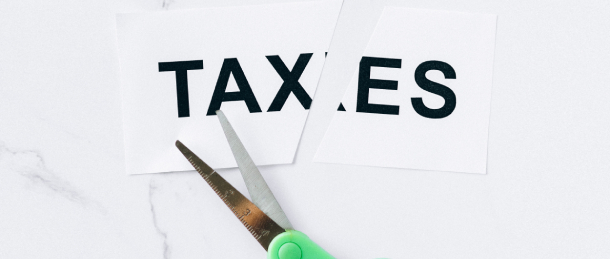SMSFs looking to establish limited recourse borrowing arrangements (LRBA) have been reminded they may only claim tax deductions for costs related to the borrowing itself, not for expenses incurred in setting up the arrangement.
“Loan establishment fees, obtaining relevant valuations, costs of documenting guarantees, the lender’s mortgage insurance, fees for property and title searches, all of the costs of borrowing under the LRBA [are] what we can deduct under section 25.25 [of the Income Tax Assessment Act 1997 (ITAA)],” Accurium head of education Mark Ellem told delegates at the Accurium SMSF Compliance Day 2023 in Brisbane last week.
“[However] the actual costs of setting up the LRBA, the costs of the bare trust [and] the agency agreement [aren’t] a borrowing cost.
“[They’re] not deductible under section 81. [They’re also] not deductible under the small business write-off rule because an SMSF doesn’t qualify as a small business for the purposes of section 40.880 [of the ITAA] and it’s not an element of the cost base of the asset under the LRBA. In other words, it’s black hole expenditure.”
Ellem highlighted while costs related to setting up the loan cannot be claimed, expenditures related to the administration of the fund may be eligible for deductions.
“If the fund pays for [an] electronic service address (ESA) because their fund is not administered under one of those platforms who have their own ESA, then that cost is a cost of collecting contributions, so that’s deductible,” he noted.
“Accounting fees of course [are] deductible [as are] audit fees. Australian Securities and Investments Commission (ASIC) fees, not to set up the fund, but ongoing ASIC annual review fees [are] deductible similar to the SMSF supervisory levy.
“Actuarial fees, investment-related expenses, costs of an ongoing investment strategy or financial plans [are] not deductible. The legal fees, where it’s to comply with the income tax obligation, that’s a tax-related expense.”




